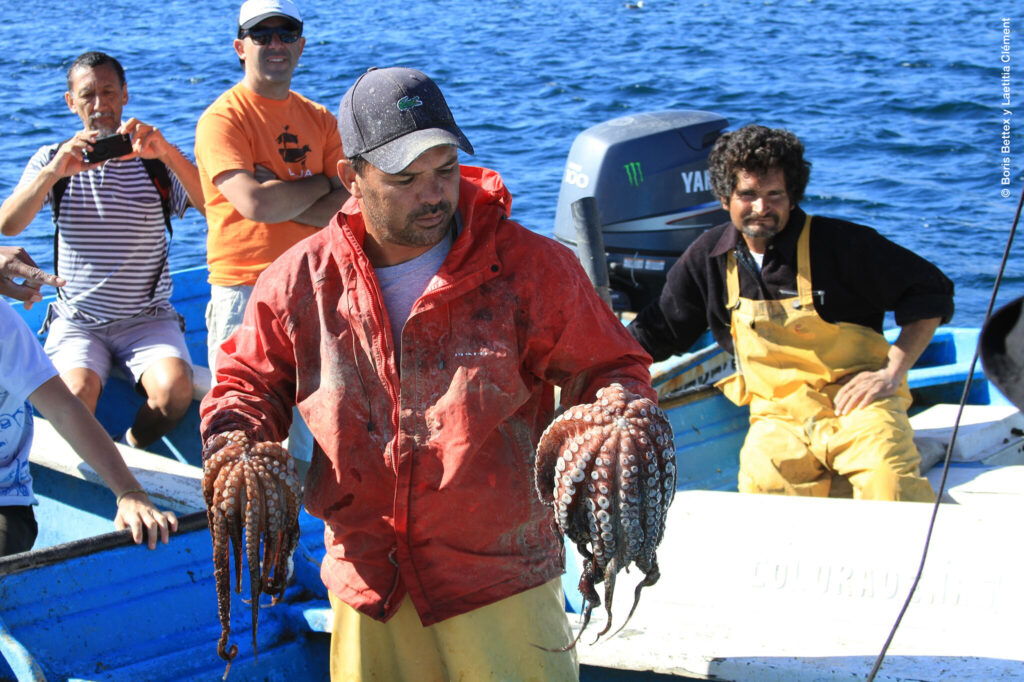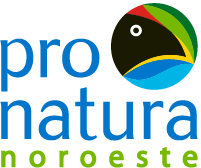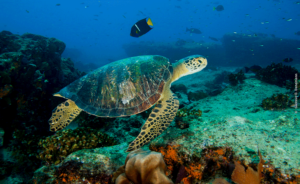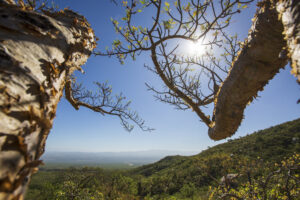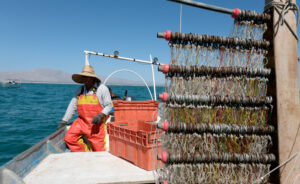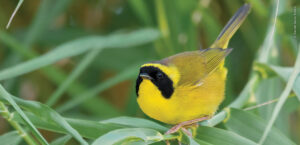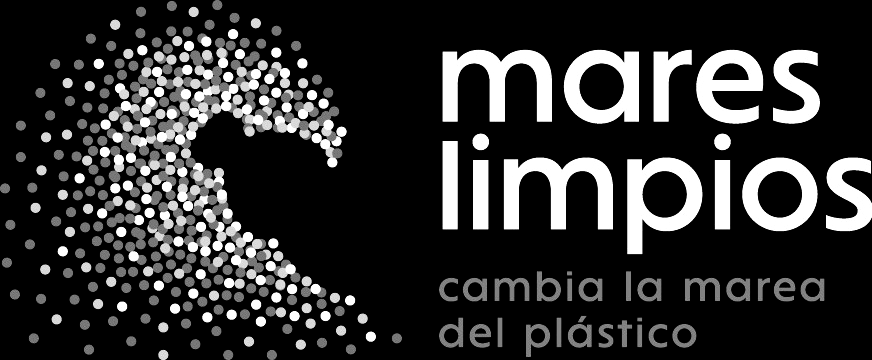Our work at Pronatura Noroeste is based on making the most of science in different areas. In the conservation of fishery resources, which translates into basing our work on the standards established by the United Nations Code of Conduct for Responsible Fisheries, adopted in 1995 by the countries belonging to the Food and Agriculture Organization of the United Nations (FAO).
According to this code, at all governance levels, decisions on conservation and management of fishery resources must be based on the best available scientific evidence and designed to ensure their long-term sustainability. Because it is not enough to know and exploit the resources, but to ensure that they will last and be available for present and future generations.
One of our key activities related to sustainable fisheries is the Fisheries Improvement Projects (FIPs). With FIPs we support the development and application of the most advanced methodologies to evaluate animal population status and generate appropriate exploitation strategies.
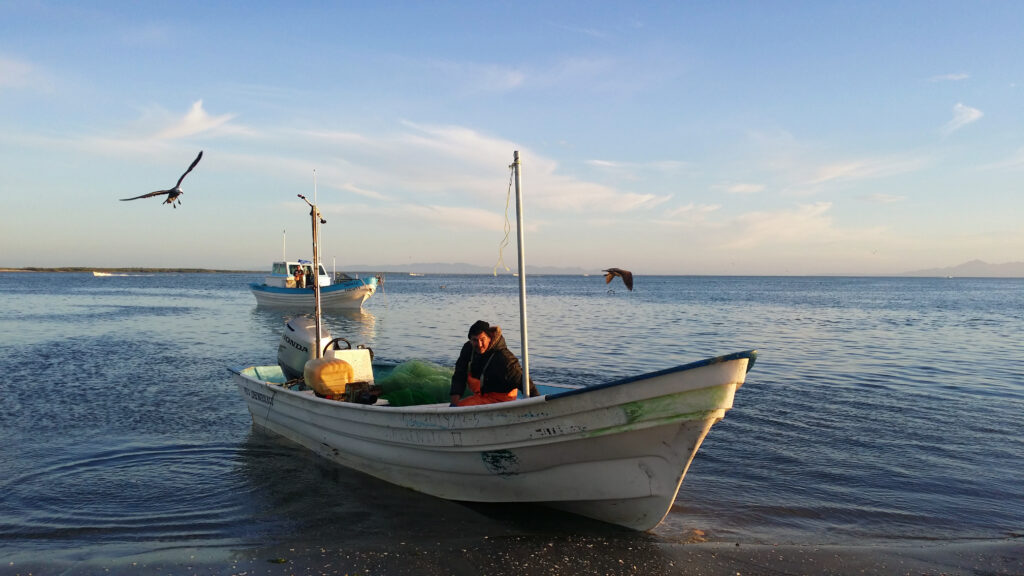
In turn, our in-depth knowledge of fishing activity leads us to detect any additional impacts it may have on the ecosystem. Ultimately, when advising fishermen and fishing companies in the protected sites of northwestern Mexico, our goal is to keep fish populations healthy, or recover, if necessary, minimizing negative effects on the ecosystem.
Fisheries science is a complex and highly technical discipline. It is essential for our team to have the necessary academic training and financial resources. At Pronatura Noroeste we have a solid team of highly technical experts to carry out the research required in all of our fisheries conservation research projects.
We continuously carry out activities with solid scientific support, such as the evaluation of the populations in the fisheries of Verdillo (Paralabrax nebulifer) and other species of scales, including the Huachinango (Lutjanus peru), of great commercial value in Baja California Sur. We also evaluated the population status of the Red Sea Urchin (Mesocentrotus franciscanus) off the coast of Baja California.
We work on the development of exploitation strategies for these fisheries, including formal mechanisms to support decision-making on species management by fishery authorities. We collaborate with international experts, either to develop technical skills within local government scientists, universities and civil organizations, or to conduct research beyond the scope of our organization.
Likewise, we support institutional technical capacity building for fisheries technicians or scientists in the different communities to broaden the scope of their competencies. This allows us to improve scientific knowledge that supports fisheries management decisions, which is the ultimate goal of our scientific branch.
